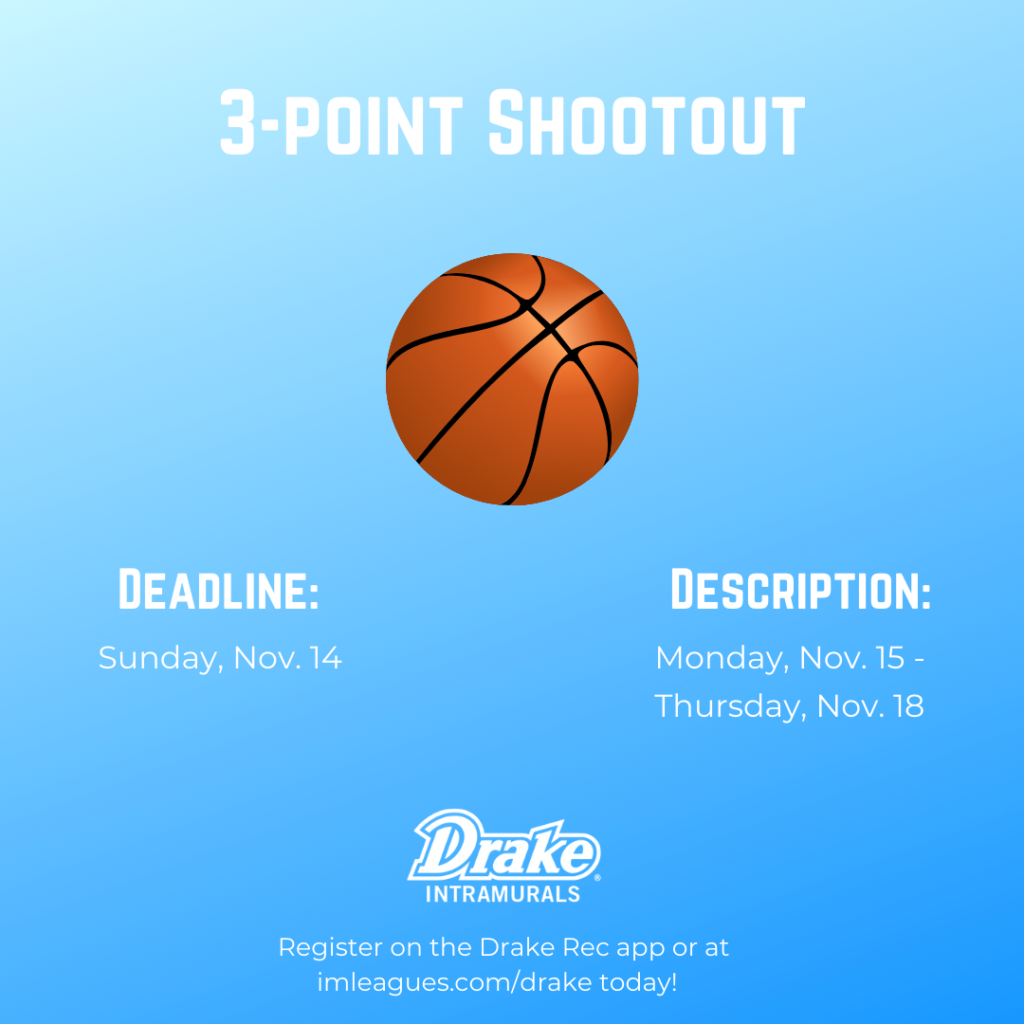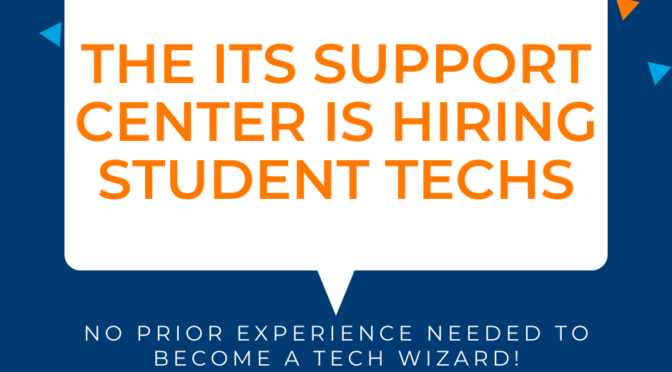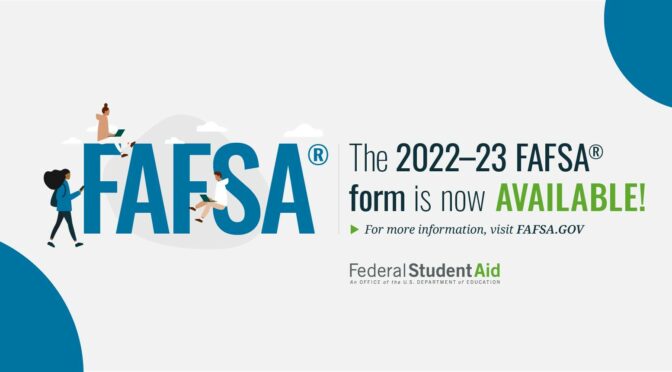Every Tuesday in OnCampus the Deputy Provost shares two articles with a read time of 10 minutes.
In collaboration with Jody Swilky, director of writing, we invite faculty and staff to participate in the Spring Writing Project.
The project consists of a one-semester commitment that will include: working with Director of Writing Jody Swilky on the development of a writing assignment, writing activities or a writing project for one of his/her spring classes; meeting no later than the first or second week of the semester with the Coordinator to discuss the assignment and project as well as issues related to instruction such as responses to writing; and attending 60-minute meetings of all participants in the program in February and March 2022. These meetings may be structured as two sessions each month, half of the participants at each session, in order to facilitate more in-depth discussion. There will be required meetings of all participating instructors held in late April or early May 2022.
An additional aspect of the project is that faculty will require all students enrolled in their class to attend The Writing Workshop at least twice during the semester as the student works on the writing assignment/activities/project.
After the initial meeting(s) with the Coordinator of Writing Instruction to develop a writing assignment or writing project, participants will receive a stipend of $500. After completing the project and attending the final meeting, participants will receive an additional $500.
Participation is limited to 10 individuals, and the deadline to respond to this call (by emailing Nicki.Kimm@drake.edu) is Nov. 22.
Should more than 10 individuals express interest, priority shall be given to:
- Those who participated in the May writing across the curriculum or writing in FYS workshops taught by Jody Swilky.
- Insuring a mix of faculty/staff across a wide range of schools/colleges/departments.
- Full-time continuing Drake faculty or staff who teach on a regular basis, with those lower in rank receiving priority over those more advanced in rank.
- Part-time continuing Drake faculty or staff who teach on a regular basis. (This would include faculty who teach as adjuncts on a regular basis.)
- Visiting faculty. (With priority going to those with more time left on their visiting appointment.)
- Other faculty/staff members who teach on an occasional basis.
If you have questions, contact Director of Writing Jody Swilky (jody.swilky@drake.edu).
Also this spring, a Changemaker Event: Illuminating our Past and Igniting Our Future
On the afternoon of March 3, 2022, we will gather to celebrate the Every Bulldog a Changemaker initiative that is highlighted in The Ones campaign. This gathering will leverage a fast-paced visual storytelling format known as PechaKucha. Pronounced pe-cha ku-cha, with equal stress on each of the four syllables, PechaKucha is a Japanese presentation format that incorporates up to 20 images that are shown for 20 seconds each, totaling a six-minute 40-second presentation. This visual storytelling format keeps presentations concise and the audience engaged.
Our gathering will help to create awareness of the changemaking initiatives happening across campus; demonstrate the interdisciplinarity of changemaking by highlighting initiatives with the private, public, and non-profit sectors; provide a forum for networking, community building, and the exchange of innovative ideas; celebrate the good work of Drake faculty, staff and community partners; and inspire action and connection to the resources to make it happen!
The Office of Community Engaged Learning seeks proposals that speak to the Global Citizen Forum theme Everyone a Changemaker: Perspectives across disciplines. Presenters may highlight current or past initiatives, feature course projects, personal scholarship, or community partnerships that are yielding changemmaking opportunities for students. A Changemaker 101 session was offered in September 2021 to further explore the theme. We encourage you to watch the recording if you were unable to attend. Selected presenters will each receive $75 honorarium for participating and the chance at a $250 grand prize!
Abstracts are due Dec. 10, 2021, and must be submitted via the online proposal form. Presenters will be selected and notified by January 2022.
Please contact Renee Sedlacek Lee, Director of Community Engaged Learning, with any questions.




